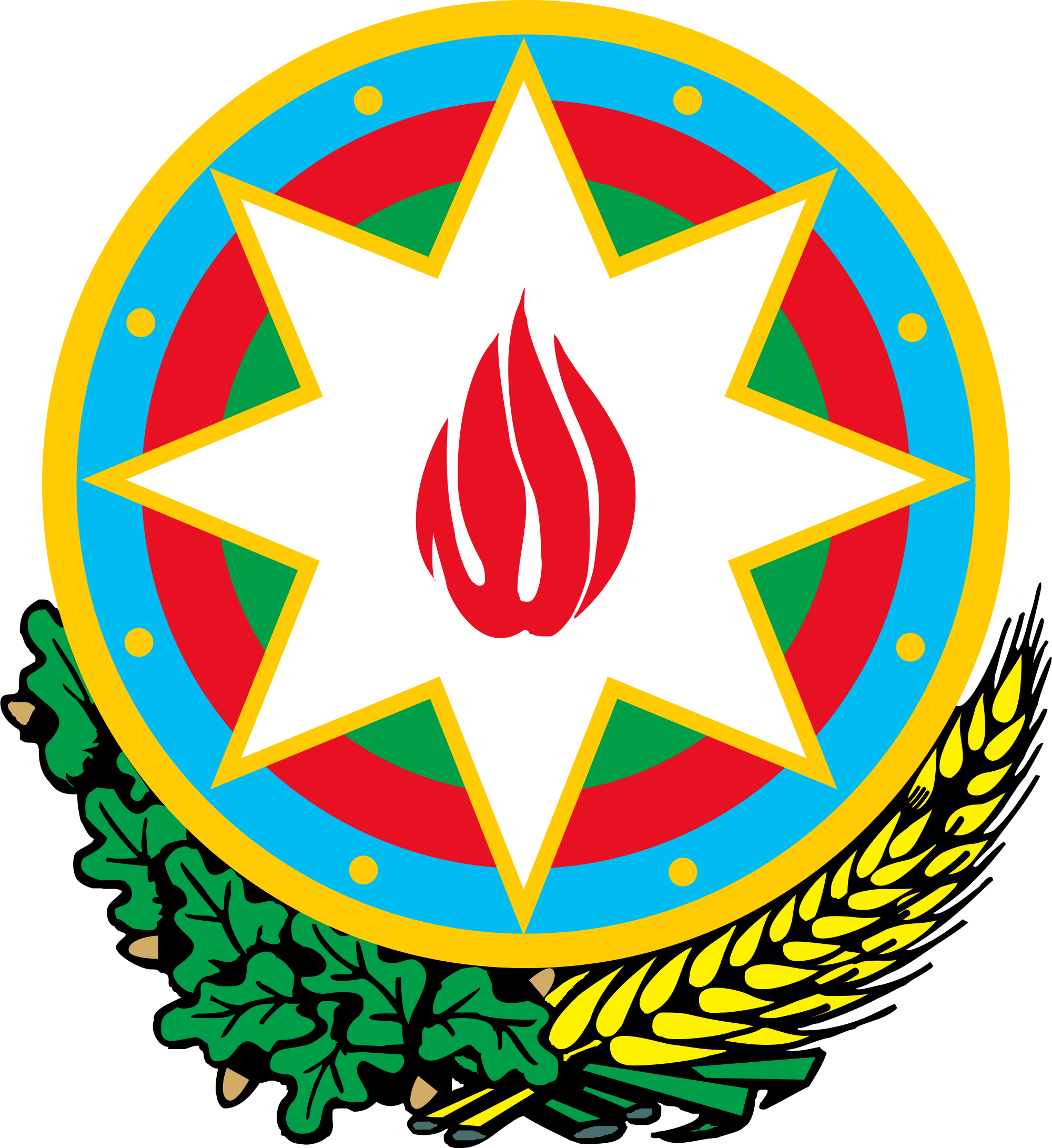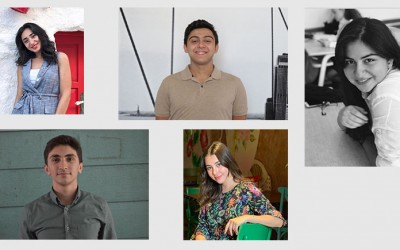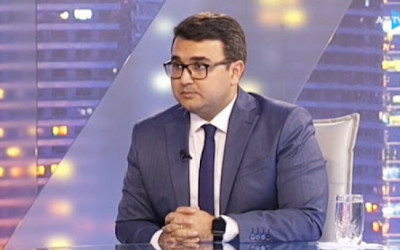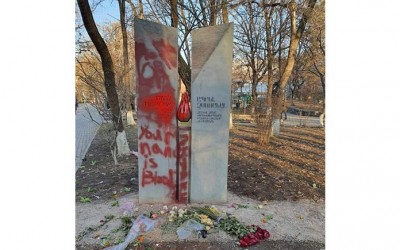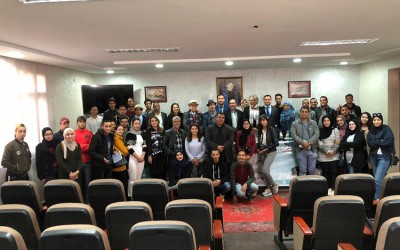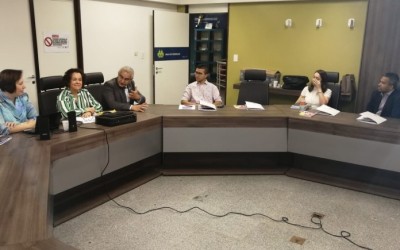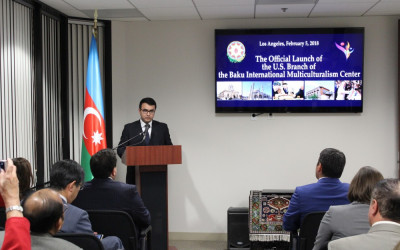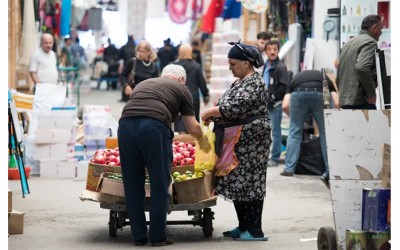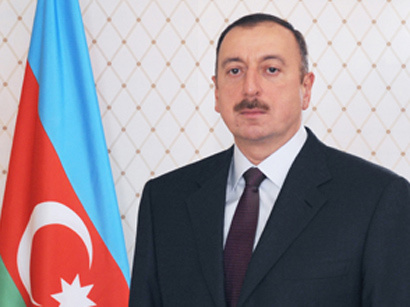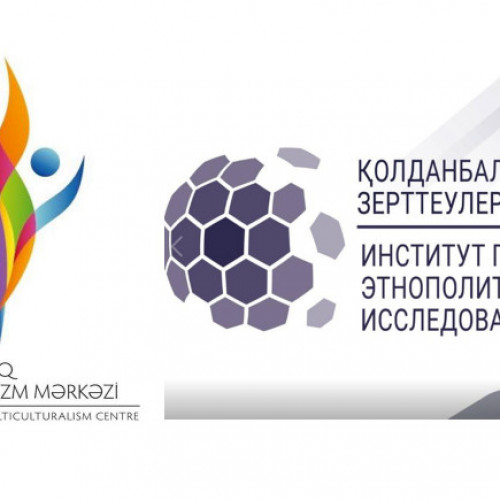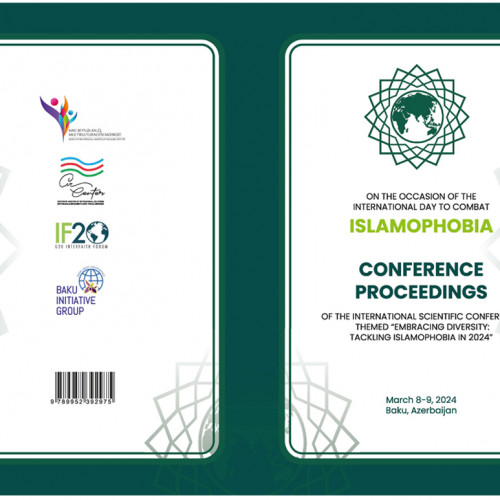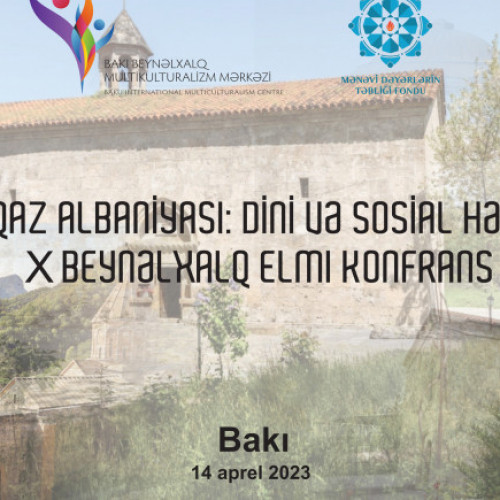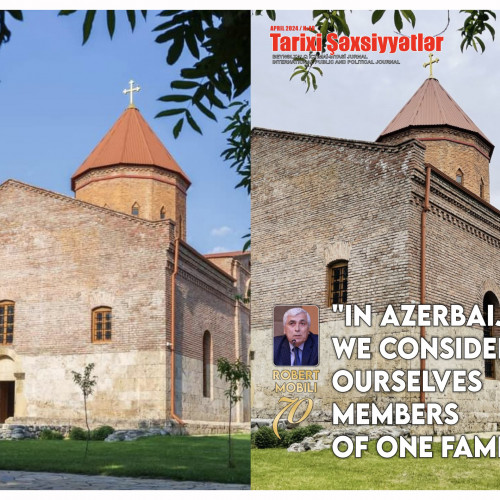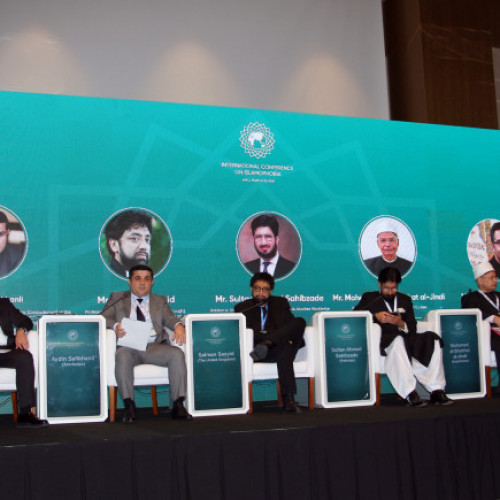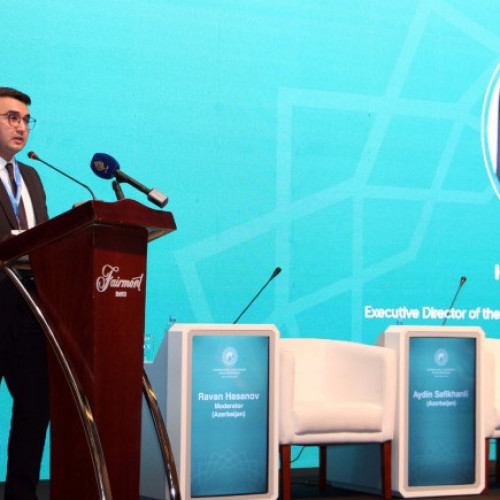Azerbaijan is known as a center for intercultural and interfaith dialogue for the world
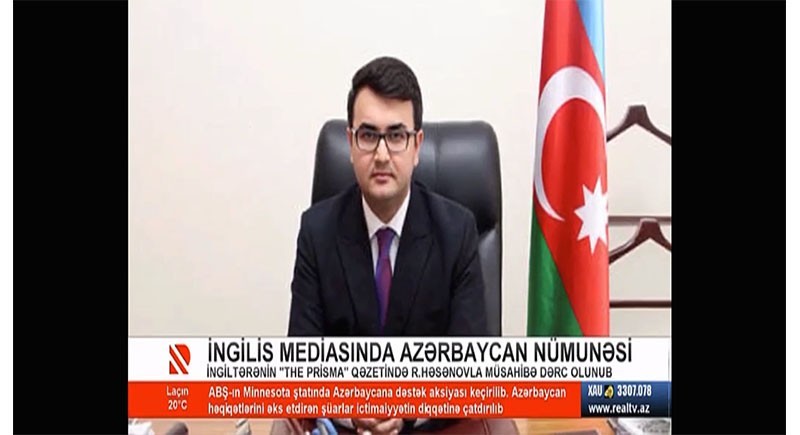
Ravan Hasanov, Executive Director of Baku International Multiculturalism Centre since February 2019 and has six years’ experience of working with government agencies. He is also the founding editor of the International Journal of Multiculturalism and in 2019 was awarded the anniversary medal “100th Anniversary of the Azerbaijan Democratic Republic (1918-2018). Ravan Hasanov is a regularly invited speaker at national and international conferences and has delivered lectures and workshops in academic and professional institutions worldwide. He publishes extensively and presented papers at numerous international conferences.
As the Executive director of the BIMC, how would you describe the effects of Multiculturalism in Azerbaijan?
Multiculturalism has already reached its peak point in Azerbaijan. It is one of the key areas of our state policy. We mention this on every platform. It is a successful policy model for us. In Azerbaijan, more than 30 ethnic minorities with different cultures have lived together in peace from the past to this day. Furthermore, all religions are also freely represented in our society. This country has never experienced any conflict or discord on the grounds of ethnicity or religion. On the contrary, there has always been solidarity at the most difficult times. We work in developing the Azerbaijan multiculturalism community and try to deliver living in peace and harmony. As you know, Azerbaijan is a unitary republic. That is, according to the state’s constitution, state and religion are separate and the education system is secular. Religious beliefs are completely free. Dozens of mosques, churches, and synagogues operate in the country. The state even builds or renovates religious places of worship. This applies to all religions. The state provides both financial and moral support to religious communities. In Azerbaijan, not only there is no conflict in state-religion relations or between religions, but even interfaith friendship and understanding are at the highest level.
What is your opinion regarding multiculturalism and religious tolerance in Azerbaijan?
In general, the policy of multiculturalism is founded on the liberal theory, and the main objective here is to protect the rights of ethnic minorities represented in society and allow everyone to freely practice their cultures and beliefs. I believe that this is also the key to social stability. It prevents unreasonable confrontation and tension in society. This, of course, will in turn positively affect other aspects of social life. Besides influencing the situation within the country, the policy of multiculturalism also has a positive impact on the country’s international image and is clear proof that it is a rule-of-law state. Today, Azerbaijan is already globally recognized as one of the centers of multiculturalism, and its model is studied. Thus, the impact of the multiculturalism policy is obviously tremendous and vital.
Will cross-cultural communication assume a new dimension in the context of multiculturalism?
In fact, intercultural, and more broadly speaking, inter-civilization dialogue almost complements the policy of multiculturalism. If you look at it, all states pursuing the policy of multiculturalism prefer and show great interest in intercultural and interfaith dialogue. The essence of the policy of multiculturalism is to allow different cultures and beliefs to co-exist within a state and to be interested in this co-existence. We should however note that today relations between cultures or religions do not remain within a state and are more rapid. Of course, globalization has contributed to this. The migration problem existing in a lot of states and its lack of solution so far is a good example. Therefore, intercultural relations will surely add value to the policy of multiculturalism or, perhaps, act as another layer of it. Anyway, this factor is too important to be ignored in global politics.
What do you think about the process of designing a multicultural model in education?
This is a very relevant issue, and I feel that it is a demand of society and modern times. It means that the new generation and society will grow in a spirit of tolerance. It is a good thing that a number of states pay attention to the formation of multicultural values in education. However, this process is not yet complete and perfect. Azerbaijan has also introduced this methodology in its education system. Curricula are developed in this direction and positive effects are obvious. Speaking about education, I’d like to stress the fact that the subject of multiculturalism introduced at the initiative of Baku International Multiculturalism Center is taught at all universities of Azerbaijan and in specialties, at both bachelor’s and master’s levels. This itself is a novelty.
Has diversity played a role in shaping the Azerbaijan Multicultural education model and advising styles? If so, how?
I believe that it is also important to organize multicultural education. As I stressed earlier, multiculturalism is taught as a subject at the bachelor and master levels in all higher education institutions of Azerbaijan. But I would also like to make another point regarding education. It is quite important that children of different ethnocultural and religious background have the same educational opportunities and study in the same class, and ethnic minorities are given the opportunity to study in their native languages as well. I would like to emphasize that this issue has been successfully addressed in Azerbaijan through its national constitution and law on education, and has also been successfully implemented in practice. Of course, this topic is currently a subject of discussion in most countries. The availability of textbooks in the languages of ethnic minorities and the development of a pool of professional pedagogues are among important factors. If you want to have a tolerant and multicultural generation in the future, you must definitely take a sensitive approach to these issues in education.
What challenges are you looking for currently?
Currently, the world is divided into models of multiculturalism or co-existence. My subjective view is that, unfortunately, nationalistic approaches are once again rising in popularity in different geographies. This, of course, should not be allowed. Some geographies are in the search of new values. This, in turn, creates an incomprehensible gap. In my opinion, it will soon be re‑understood how important the policy of multiculturalism truly is. The societies of the states prioritizing this policy will be more robust and stable because the different cultures within a state have no choice but to live together with tolerance. History has repeatedly proved this to us. So far, no model of society has been put forward as an alternative to this policy, which is based on liberal and democratic values and is in keeping with human rights and freedoms and human nature.
In what ways have you integrated cross-cultural, multicultural issues as part of the International Baku Multiculturalism Center’s professional development?
In response to this question, I would like to inform you about the focus areas of the projects carried out by the Center over the past six years. During this period, in order to propagate the policy of multiculturalism worldwide, the Center has promoted this policy in the areas of education and youth, through its publications in different foreign languages, via close cooperation with foreign media outlets, through academic conferences, roundtables, workshops, and analytical television broadcasts, and has also explored the multiculturalism models and alternative models in different countries in collaboration with scholars. The Center has already become a think tank. Dozens of projects have been implemented in each of the areas that I mentioned above. We will continue our activities in this direction, and new projects will be carried out in the future.
Thank you Mr. Ravan Hasanov for doing this interview with us. We will eagerly follow your work and the BIMC’s future projects. Thank you.


